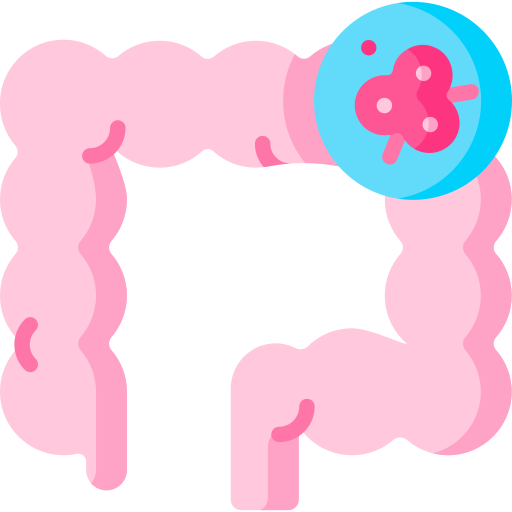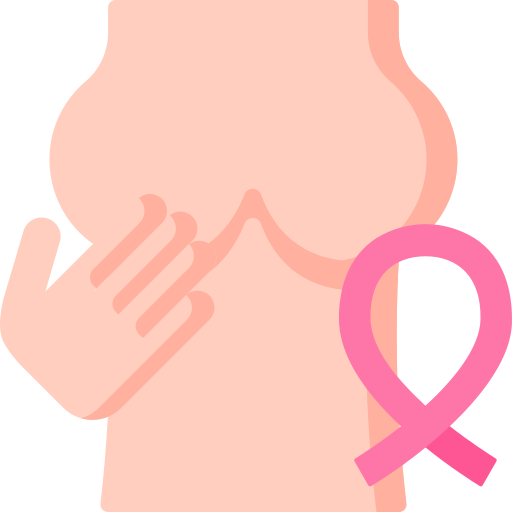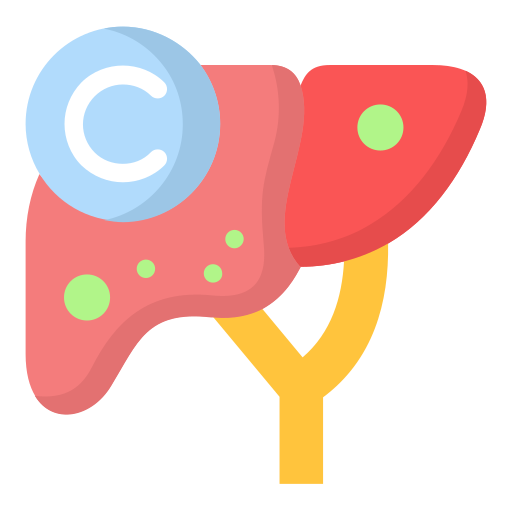


Many dangerous diseases can quietly develop in our bodies without causing any noticeable symptoms until they become advanced. This can make it difficult to detect and treat them in a timely manner, leading to worse outcomes. However, regular health screening tests are available to help us identify these hidden threats early and take action to minimize their impact. In this article, we will explore some of these silent diseases and highlight the importance of regular screenings in enabling early intervention.

Hypertension, often referred to as the “silent killer,” affects millions of people worldwide. It often doesn’t show any obvious symptoms, making it hard to detect without regular blood pressure measurements. Uncontrolled high blood pressure significantly increases the risk of heart disease, stroke, and kidney problems. Regular blood pressure checks allow for early detection, leading to lifestyle changes, medications, and reduced risks associated with this potentially life-threatening condition.

Diabetes is another common disease that can develop without symptoms, especially in its early stages. Both type 1 and type 2 diabetes can silently damage vital organs like the heart, kidneys, eyes, and nerves. Health screening – regular blood glucose tests, including fasting blood glucose and HbA1c measurements, play a crucial role in detecting abnormal sugar levels. Early intervention through lifestyle changes, medications, and proper diabetes management can help prevent complications, improve quality of life, and reduce the risk of heart disease, kidney failure, and other serious conditions.

Colorectal cancer is the third most common cancer globally and often begins as a small, symptomless growth called a polyp. Regular health screening tests like colonoscopies or faecal occult blood tests (a lab test used to check stool samples for hidden (occult) blood) can detect these polyps or signs of cancer at an early, treatable stage. Early intervention through the removal of polyps or appropriate cancer treatments significantly improves survival rates and reduces the impact of this life-threatening disease.

Breast and ovarian cancers are known for their lack of early symptoms, which makes routine screenings crucial for early detection. Mammograms, breast ultrasounds, and breast self-examinations are important tools for detecting breast abnormalities. Regular pelvic examinations, Pap smears, and genetic testing for specific gene mutations (such as BRCA1 and BRCA2) help identify the risk of ovarian cancer. Timely diagnosis gives individuals treatment options that can potentially save lives and increase survival rates.

Hepatitis C is a viral infection that can cause chronic liver disease and even lead to liver cancer if left untreated. In many cases, people are unaware of their infection until significant liver damage occurs. Regular health screening for hepatitis C antibodies allows for early detection and subsequent treatment. Antiviral medications can effectively cure hepatitis C, preventing the progression of liver disease and reducing the risk of complications.
Life-threatening diseases that remain symptomless present significant challenges for early detection and intervention. However, regular screenings serve as powerful tools to identify these hidden dangers before they cause severe harm to our health. By actively participating in regular healthcare check-ups and undergoing recommended screening tests, we can take control of our well-being and detect potential diseases in their earliest stages. Early intervention significantly improves treatment outcomes, enhances quality of life, and may even save lives. Remember, knowledge is power, and regular screenings empower us to stay one step ahead of these silent diseases.
Life Care Diagnostic Medical Centre Sdn. Bhd. 200401034597 (673106-V)
Bangsar South
WhatsApp: 0122343610
1st Floor, Wisma Lifecare,
No. 5, Jalan Kerinchi, Bangsar South,
59200 Kuala Lumpur
Cheras South
WhatsApp: 01127213620
19A-2 & 19B-2, Block E, Kompleks Komersil Akasa,
Jalan Akasa, Akasa Cheras Selatan,
43300 Seri Kembangan, Selangor
Operating Hour:
Monday – Friday: 8.00am – 5.00pm
Saturday: 8.00am – 1.00pm
Sunday & Public Holidays: Closed